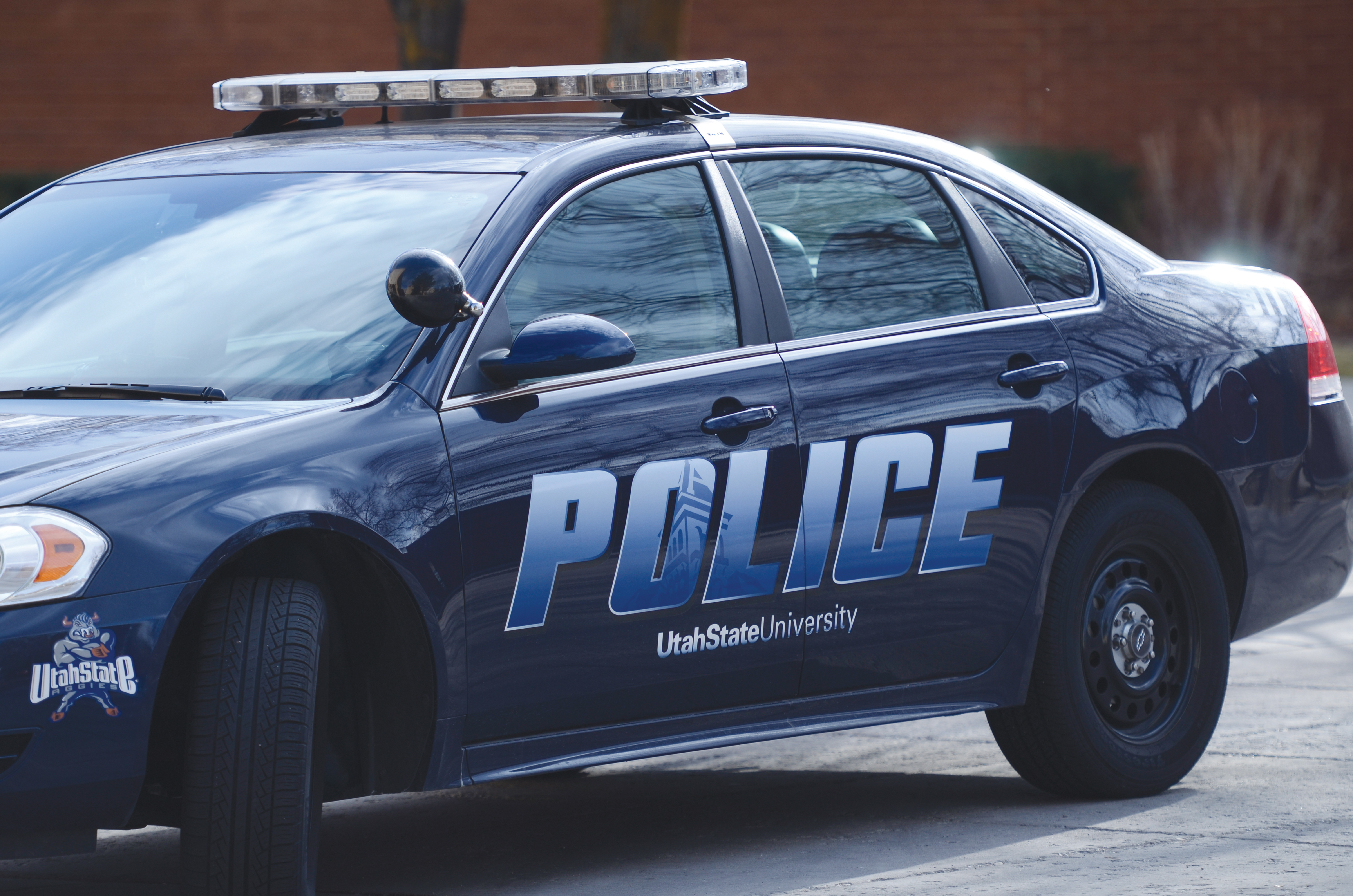On a general scale, cops can’t win
I’ve interacted more with policemen in the last year than in my entire life combined.
Though the police force has been a hot topic covered by major news outlets, my personal experiences have had little to do with the specific events in Ferguson or elsewhere, but I suspect some of my experiences may have been rooted in a similar problem.
Let’s start with the good and end with the bad.
Good cop: Tuesday, I drove to campus, and as I put my car in reverse to park it in front of a fraternity house, I noticed a little smoke or steam coming from under my hood. Once I turned the car off, the smoke kept coming. I saw on the pavement a trail of something leaking. As I evaluated my car, a university police officer pulled up behind me and asked if I needed help. He identified the problem, gave me a recommendation of a repair shop when I asked and offered me a ride back up to campus. This is the friendly neighborhood cop I imagine in the famous Norman Rockwell painting, just here to help.
Inconvenient good cop: I was driving home from Porcupine Dam this summer, following my friend. I was unfamiliar with the area, and my friend was going pretty fast. It turns out we were speeding, and I was pulled over. I always get nervous and want to show respect in situations like that, so I use the word “sir” a lot. The deputy was forgiving and gave me a warning, but he also accompanied the warning with a request that next time I see an officer, I should relax and be more friendly with him or her. It was a genuine bit of advice, but let’s be real — I’m never going to take a casual approach with law enforcement.
Annoying good cop: I’m a college student. I’ve made out with my boyfriend in a car before. Sue me. There is nothing more annoying than having a giant spotlight shining in your window when you’re trying to kiss someone. The officer has you roll down your window, asks if you have drugs or alcohol and how old you both are to be sure you’re not breaking curfew. But once he realizes we’re harmless and just trying to keep to ourselves, he tells us to have fun and goes away.
Highly-irritating, potentially-bad cop: My boyfriend and I were driving on the highway near Las Vegas last weekend. My boyfriend is Hispanic. Cars were passing us, but for some reason the officer decided to pull us over for going seven miles over the speed limit. SEVEN. It’s technically legal for someone to be pulled over for going over the speed limit at all, but is it normal? No. The officer approached our vehicle on the passenger’s side and asked my boyfriend, who was driving, if he would get out of the car and come talk with him behind the vehicle. I was not happy. My window was down so I could at least hear some of the conversation. He asked my boyfriend how he knew me, where we were going and why we were going there. He asked about the school where my boyfriend is a student and asked if I was a student there as well. He told my boyfriend that asking him to get out of the car was to prevent embarrassment and also that his girlfriend — me — had given him an “angry face.” If I weren’t afraid of worsening the consequences, I would probably have given him more than an angry face. We didn’t get a ticket but were told to slow down.
Infuriating potentially-bad cop: My boyfriend was asked at a checkpoint in Arizona if he was a citizen. I know it’s basically legal to racially profile, but it pissed me right off. He was born in the U.S. and is as much a citizen as I am, but because he has darker skin and darker eyes, he’s asked ridiculous questions. It bothers me a lot that some law says this is OK. I thought this country was supposed to be a melting pot, where you have people of every ethnicity who are equally American. If you really want to be technical, his heritage is probably more American than this blue-eyed Caucasian’s. Maybe this cop was just doing his job, but maybe his personal biases had something to do with the question.
Cops are obviously not all the same. Much like journalists, politicians, even advertising representatives, their actions ought to be evaluated on a case-by-case basis, but this is not a perfect world. While one officer is giving a ride to someone whose car broke down, another is pulling over her Hispanic boyfriend and asking him where he’s from. Because the bad cop presents a problem of racism, he receives the attention, and good cop is ignored.
To my good cop friends, I feel for you. I can relate. People are still mad at me for things that happened in my organization when most of our staff was in middle school. But take heart. Anything worthwhile is a struggle.
— Mariah Noble is the editor-in-chief of The Utah Statesman. She is majoring in journalism and minoring in Spanish and multimedia. She plans to graduate in May. Please send comments to statesmaneditor@aggiemail.usu.edu or job offers to m.noble@aggiemail.usu.edu.

